
Can GPS Technology Make Electric Bike Theft a Thing of the Past?
One promising solution is the use of GPS technology. But can GPS truly make electric bike theft a thing of the past? Let's explore.
Understanding GPS Tracking
What is GPS Tracking?
GPS, or Global Positioning System, is a technology that allows you to pinpoint the exact location of an object. Originally developed for military use, GPS technology is now widely available for civilian applications. It works by using a network of satellites that send signals to GPS receivers, which then calculate the receiver's location based on the time it takes for the signals to reach it.
How GPS Trackers Work for Electric Bikes
When it comes to electric bikes, a GPS tracker is typically a small device that can be discreetly attached to the bike. Once activated, the tracker communicates with satellites to determine the bike's location. This information can then be accessed via a smartphone app or a web-based platform, allowing the owner to monitor their bike's whereabouts in real-time.

The Benefits of GPS Tracking for Electric Bikes
Enhanced Security
One of the primary benefits of GPS tracking for electric bikes is enhanced security. By knowing the exact location of your bike at all times, you can quickly react in the event of theft. If your bike is stolen, you can provide law enforcement with precise location data, increasing the likelihood of recovery.
Deterrent to Thieves
The presence of a GPS tracker can act as a deterrent to potential thieves. If a thief knows that a bike is equipped with a GPS tracker, they may be less likely to attempt theft for fear of being easily tracked and caught.
Recovery Assistance
In the unfortunate event of a theft, GPS trackers facilitate recovery assistance. By providing real-time location data to law enforcement or recovery services, you increase the chances of retrieving your Ebike Cruiser quickly and efficiently.
Limitations of GPS Trackers
While GPS technology offers many advantages, it's important to understand its limitations.
Signal Interference
GPS trackers rely on satellite signals, which can be obstructed by buildings, tunnels, or dense foliage. In urban environments with tall buildings, the signal might not be as reliable, potentially affecting the accuracy of location data.
Battery Life
Most GPS trackers are battery-powered and require regular charging. Depending on the model, a tracker might need to be charged every few days or weeks. Forgetting to charge the tracker can render it useless when you need it most.
Thieves May Disable the Tracker
A determined thief may have the knowledge to locate and disable the GPS tracker, rendering it ineffective. This highlights the importance of using discreetly placed trackers and considering additional security measures.
How GPS Trackers Can Help Prevent Electric Bike Theft
Real-Time Tracking
One of the standout features of GPS trackers is real-time tracking. If your bike is stolen, you can immediately see where it is, allowing for quick recovery. Many GPS apps also send alerts to your phone if your bike is moved without your permission.
Geofencing Capabilities
Some GPS trackers offer geofencing, which allows you to set virtual boundaries for your bike. If the bike crosses these boundaries, you'll receive an alert. This feature can be particularly useful if you park your bike in a designated area and want to know if it's moved unexpectedly.
Integration with Other Security Features
Modern GPS trackers can be integrated with other security measures, such as alarms or immobilizers. This creates a multi-layered security approach that can further deter thieves and protect your bike.
Conclusion
GPS technology offers a promising solution for preventing electric bike theft. While it's not foolproof, the benefits of real-time tracking, geofencing, and integration with other security features make it a valuable tool in the fight against theft.






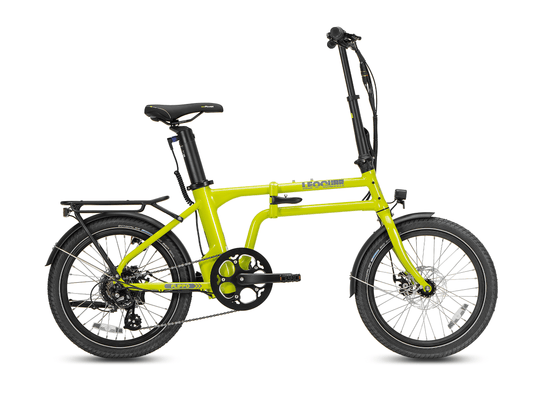





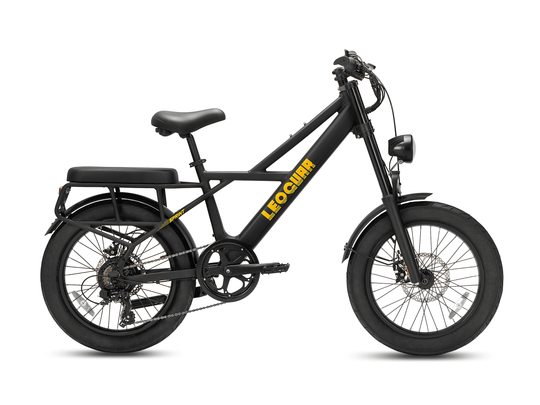

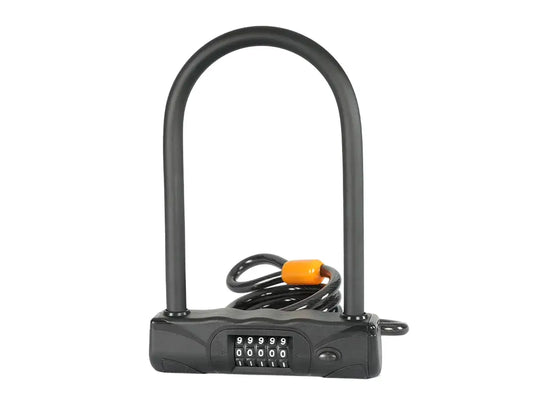

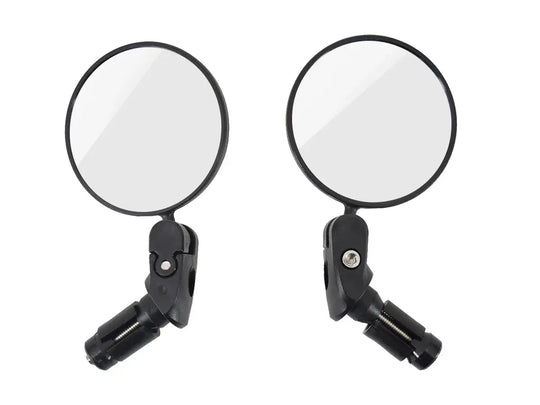





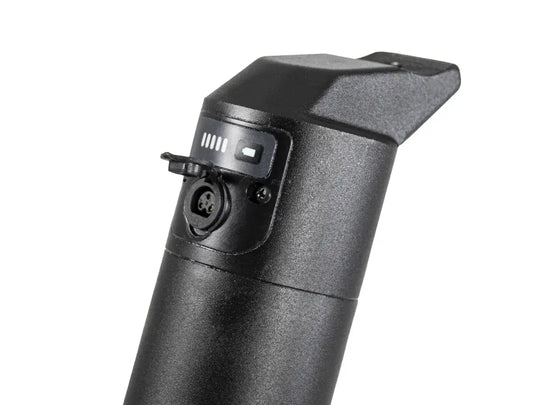





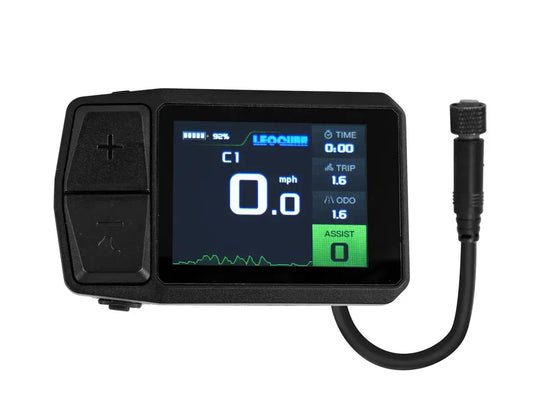









Leave a comment